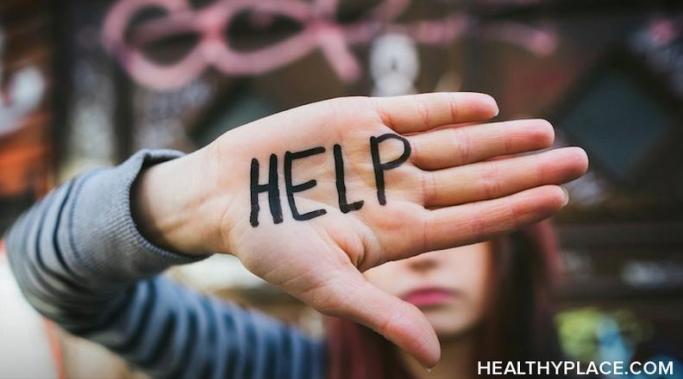Do you remember when we were kids? Before life smacked us upside the head and screamed for us to wake-up? Before we realized life wasn't easy--once our innocence was gone. I remember how excited I was, five or six years old, sitting under the Christmas tree and shaking my presents. I would take my gifts and separate them from my two siblings. They would do the same. We all had our piles; each wrapped with ribbons and sometimes a bow.
Seasonal Affective Disorder
Once a person has been diagnosed with a mental illness--is being treated for it--and moving forward in their recovery, life is not suddenly peaches and cream. For many of us, myself included, we still often live with depression on a daily basis.
Oh...This is hard. I don't think I have ever slept this much in a very long time. I can sleep 20 hours a day. I can drag my ass out of bed to complete important articles, walk the dog and feed the cats and...fall back into bed. And by accident! I just cannot stay awake. My bed and I have become best friends. The books on my night-table keep me company and I try to eat. My life, pretty good just a month ago, has bloody well crumbled and I cannot even find the pieces to put it back together.
Guilt. I hate that word. I hate the feelings that attach itself to it and the times in which I felt that my mental illness, the actions resulting from it, hurt other people. Hurting those I loved felt like the worse sort of guilt. Like being punched in the stomach and unable to breathe. Guilt is not just a word nor a feeling: When you live with a mental illness it can come to define your life. It can become dangerous.
It's been a fantastic Fall so far in British Columbia, Canada, where I dwell. It's nice and sunny and has made me smile. And now it is pouring rain. And I like rain, the sound of it hitting my skylights, but I do not like the slow change in my mood that never seems to forget about me each year. And each year, I am somehow surprised that Seasonal Affective Disorder (SAD) has slowly inched its way into my life---again-- and each year, my mood seems to fall along with the leaves.
Picture this: A moment ago I was staring at the blank text field going "Ummm...Uhhh...Dammit!" And then I was coughing a rather nasty cough that lives deep inside my chest and scratches my throat. I slowly move my hand toward cough drops which have proved to be generally useless. I have a headache and realize the Tylenol is downstairs. I wonder if I can make it downstairs.
A box of tissues sit beside me where my notebooks usually are. I look up "how long does a cold last?" Apparently, seven to ten days. I am on day three. The website recommends chicken soup. I hate soup. I then type in, fingers moving rather slowly: "depression related to the common cold" although this does not feel common --I think I might be dying. But I am sort of dramatic with these things...
I'm done telling about how crappy I feel (insert sneeze here) but I have always felt I suffer from depression when I am sick. Am I alone in this?
If you read enough of these blogs, you might know that I write what I feel. But this often involves a healthy mix of education and sarcasm. In line with my personality, I suppose. But this topic is different. Suicide lives in the darkest parts of my mind; places I cannot avoid but also want to remember. I want to remember losing my very best friend and my cousin to suicide. My favorite cousin. Maybe I should preface this by telling you it will be a bit raw. But suicide is raw. It hurts. And it hurts to write this.
When you were first diagnosed with a mental illness, you were probably pretty confused. Life became sort of foreign. Sometimes, the past felt like a preferable place to be, even if we were sick. After all, we didn't always know we were ill. But after we come to a place of acceptance, we learn a few things and one of them is understanding signs of a mental health relapse.
The title of this blog probably does not come as a surprise: When your mind shuts down your body reacts as well. It is not a positive reaction. It is directly connected to our brain chemistry. The neurons that are not acting as they should--a chemical imbalance. Simple, Right?
I am twenty-seven years old as I write these words. I own my own home and I have a dog I adore. I cook and I clean and I talk to my family on a regular basis.









